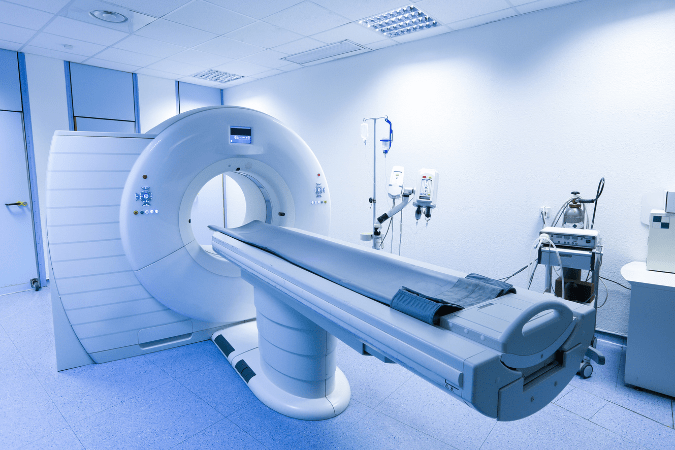When your healthcare provider suggests a brain scan, it’s natural to feel a mix of curiosity and concern. What underlying conditions necessitate such advanced diagnostics? Brain scans stand at the forefront of medical technology, offering unparalleled insights into the brain’s complexities, crucial for diagnosing a spectrum of neurological conditions.
Book your appointment with the top neurologist in Brooklyn NY today for expert care!

Deciphering the Call for a Brain Scan
The decision to recommend a brain scan stems from the need to investigate symptoms that suggest underlying neurological issues. These can range from persistent headaches and seizures to more acute conditions like strokes or traumatic brain injuries. A detailed brain scan allows doctors to view the brain’s structure and activity, providing essential data for accurate diagnosis and effective treatment planning.
Zooming In: Identifying Brain Tumors
One of the primary reasons for conducting brain scans is the detection of brain tumors. The scans detail the tumor’s location, size, and potential growth, which are critical in devising a precise treatment strategy, underlining the importance of early detection.
Responding to Stroke Symptoms with Urgency
In the event of a stroke, timely and accurate diagnosis can significantly influence recovery outcomes. Brain scans play a pivotal role in identifying strokes, guiding immediate and appropriate treatment actions to restore blood flow to the affected brain areas and limit damage.
Epilepsy and Seizure Disorders: A Deeper Exploration
For individuals experiencing seizures, brain scans can uncover abnormalities contributing to epilepsy, guiding tailored treatment approaches to manage or reduce seizure occurrences, enhancing quality of life.
Head Injury Assessments: From Mild to Severe
Brain scans are indispensable in evaluating head injuries, clarifying the injury’s severity, and identifying any resulting brain tissue damage or internal bleeding. This information is crucial for setting a recovery roadmap and monitoring healing progress.
Probing into Neurodegenerative Conditions
In cases of neurodegenerative diseases like Alzheimer’s and Parkinson’s, brain scans can facilitate early detection, enabling interventions that may slow disease progression and improve life quality for those affected.
Infections and Inflammatory Disorders: A Clearer Picture
Brain scans can reveal the presence of brain infections or inflammatory conditions, aiding in quick diagnosis and the initiation of targeted treatment to alleviate symptoms and address the infection’s root cause.
Chronic Headaches: Unraveling the Mystery
For persistent or severe headaches unexplained by standard diagnostic methods, brain scans can help eliminate concerns over serious underlying causes, providing peace of mind and guiding further treatment.
Embarking on the Brain Scan Journey
Scheduled for a brain scan? Here’s what you can anticipate:
- Pre-scan Preparations: Specific preparations may be necessary, depending on the scan type. This could include dietary restrictions or removing metal objects.
- During the Scan: Brain scans are generally painless and involve lying still inside the scanning equipment. Some scans may require contrast dye injections for enhanced image clarity.
- Post-scan Process: After the scan, a radiologist will review the images, compiling a report for your doctor, who will then discuss the findings with you, outlining any necessary follow-up steps.
Understanding the reasons behind brain scan recommendations demystifies the process, equipping you with the knowledge to confidently navigate your healthcare journey. Always maintain open lines of communication with your healthcare provider to ensure you’re fully informed every step of the way.
